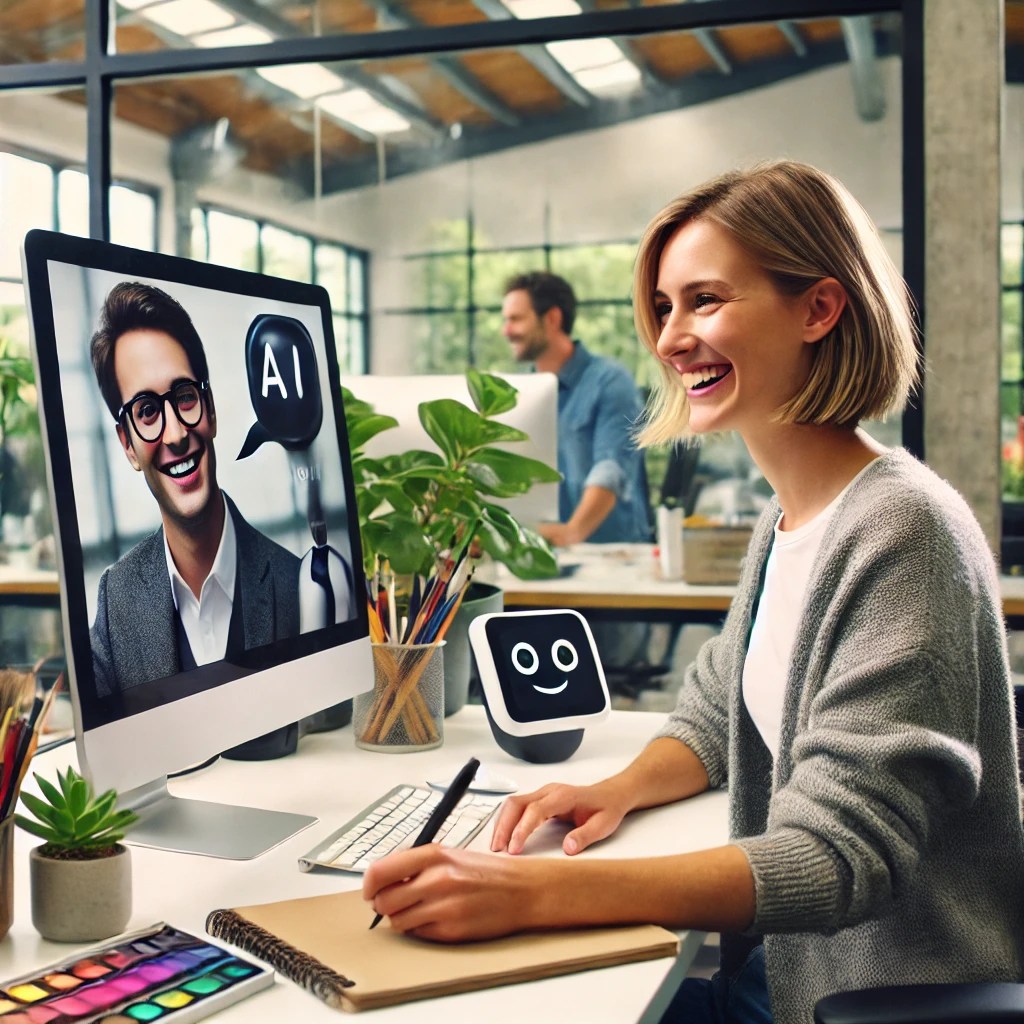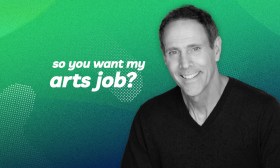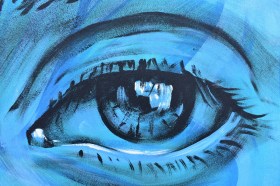No topic generates more controversy than using artificial intelligence (AI) in the creative industries. In 2024, AI experienced explosive growth, and the creative industry’s fear around creative generation reached fever pitch.
It’s almost impossible to make specific predictions about the growth of technology. However, given the increase in AI over the last few years, it’s possible to make educated guesses as to how AI will continue to grow in 2025 and the impact it will have on the creative industries.





